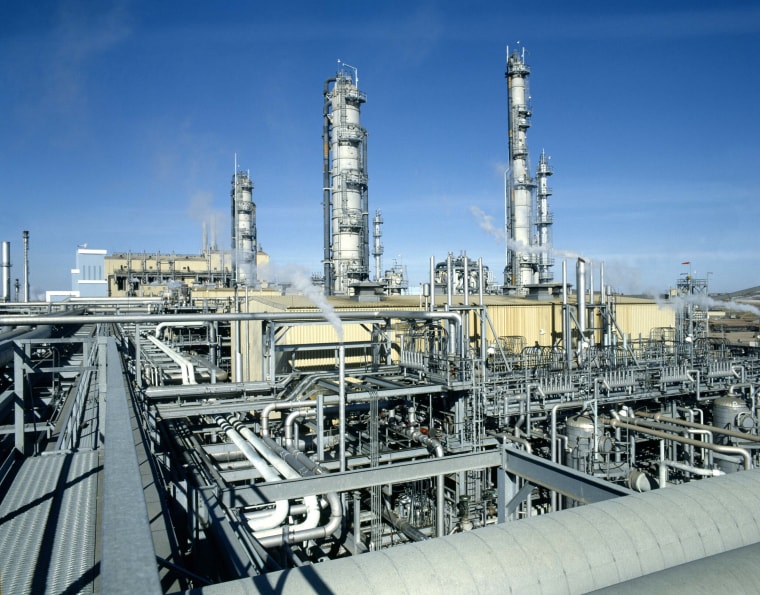As earmarked in the federal stimulus package, $2.4 billion is being set aside to speed up development of technology to reduce greenhouse gas emissions from coal-burning power plants and factories, Energy Secretary Steven Chu said Friday.
"To prevent the worst effects of climate change, we must accelerate our efforts to capture and store carbon in a safe and cost-effective way," Chu told a meeting of the National Coal Council.
Carbon dioxide from burning fossil fuels is a leading greenhouse gas that many scientists tie to warming temperatures.
Given its abundance, coal will remain an essential energy source, Chu said, adding that even if coal-fired power plants in the United States were shut down, as some environmentalists want, China and India would not turn their back on coal.
As a result, he said, efforts must be directed to technology known as carbon capture and storage, or CCS.
The new funds, which had been spelled out earlier in the stimulus bill passed by Congress, are on top of $2.2 billion for CCS projects approved by Congress for this fiscal year. Several tests are being carried out in the U.S. and abroad, but none is considered economically feasible or completely clean.
"This funding will both create jobs now and help position the United States to lead the world in CCS technologies, which will be in increasing demand in the years ahead," Chu said.
Many environmental groups oppose the research, saying CCS will never live up to the term "clean coal" and that the world is better off going to non-carbon energy like solar and wind.
Where the money will go
The Energy Department said two programs will get the vast majority of new funding:
- Industrial Carbon Capture and Storage ($1.52 billion): Funding will be available for large-scale demonstrations of carbon capture and storage; concepts to reuse the captured CO2 for beneficial purposes, such as growing algae for biofuels; and concepts to capture CO2 from the atmosphere.
- Clean Coal Power Initiative ($800 million): This existing program will get a major infusion of government co-financing for projects to cut emissions from power plants.
Much smaller amounts were announced for related projects:
- Biofuel from algae & CO Funds will allow Arizona Public Services to expand its testing of CO2 to grow algae and then produce biofuel as well as a substitute natural gas from coal.
- Finding storage sites ($50 million): Funds will go to find at least 10 geologic formations throughout the United States to store CO2.
